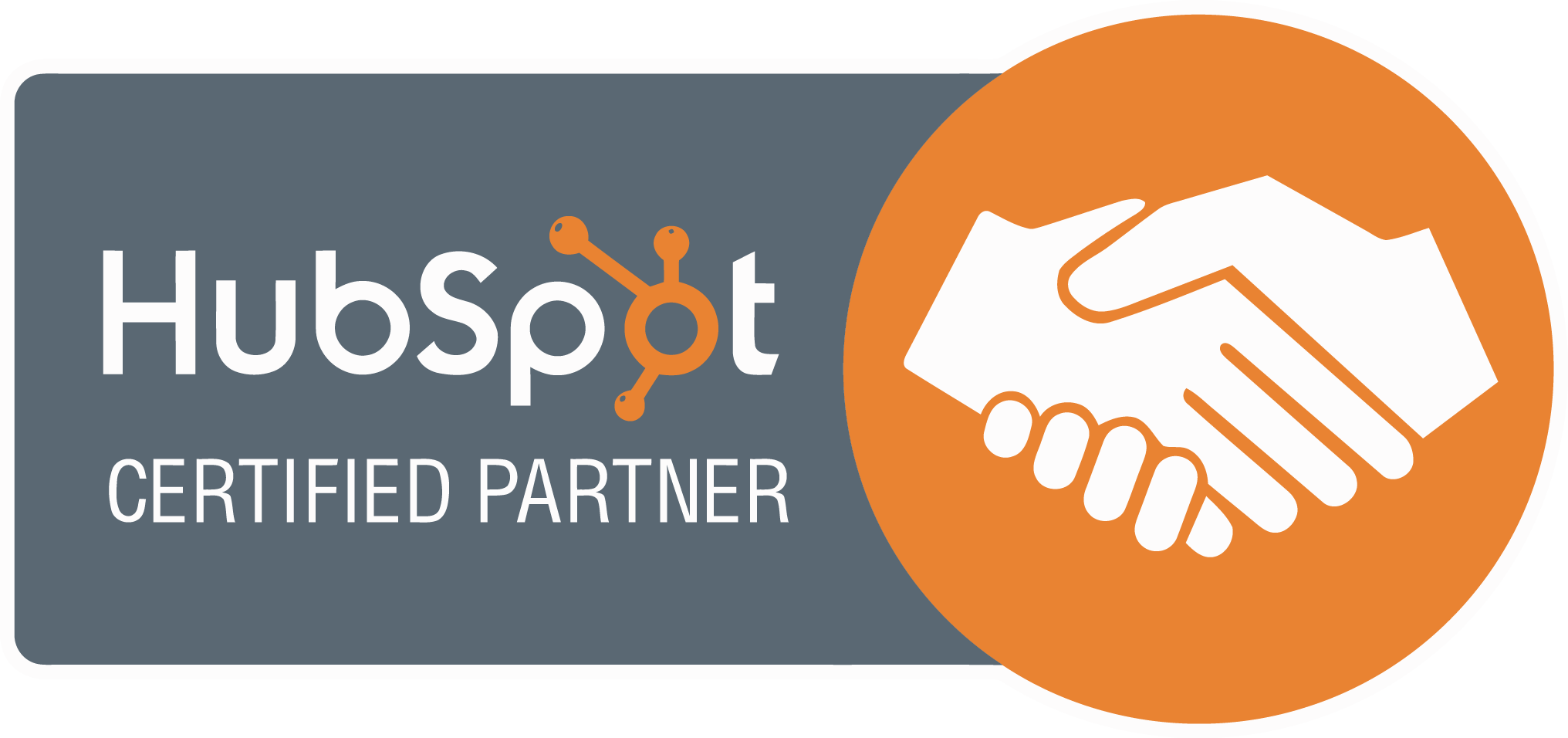As third-party cookies are phased out across major browsers, businesses are entering a new era where first-party data is not just useful—it’s essential. For small and medium-sized business owners and digital marketers, this shift offers an opportunity to build stronger direct customer relationships and take back control of their digital strategies.
If your business is struggling with search visibility. especially when a competitor’s Google Knowledge Panel appears instead of your Google Business Profile—you’re not alone. The good news? You can improve your visibility by building on what you already have: your own first-party data.
What Is a Google Knowledge Panel?
A Google Knowledge Panel is a summary box that appears on the right side of Google search results when a business or person is recognised as a known entity. It includes your name, logo, website, social media links, and key facts—all drawn from data aggregators and trusted data providers like Wikipedia, Wikidata, Crunchbase, and Bloomberg.
Unlike your Google Business Profile, which you manage directly, a Knowledge Panel is built by Google using accurate data sourced from across the web. It reflects a broader understanding of your business’s entity status—powered by structured data, customer data, press mentions, and consistent online behaviour.
Why Your Business Might Not Have a Knowledge Panel
If another brand’s Knowledge Panel appears for your business name—or none appears at all—here are some common reasons:
- Google prioritises established entities with high authority, verified listings, and long-standing data collection across multiple sources.
- Your competitor may have a stronger first-party data strategy in place, with more consistent customer interactions, social media followers, and coverage on trusted websites.
- Google may interpret the search intent as entity-focused, in which case it will favour a Knowledge Panel over a local Business Profile.
Simply put, if your business lacks consistent party data, visibility in data warehouses, and supporting structured data, it may not qualify for a panel—yet.
Why You Can’t Replace a Competitor’s Knowledge Panel
While frustrating, it’s important to understand that you cannot “take over” or replace another company’s panel. Their panel exists due to:
- Strong first-party customer data
- Extensive citations and mentions across third-party sources
- Recognised user behaviour patterns over time
Google’s decision is based on relevance, data accuracy, and the actual customer behaviours and digital footprint of the entity—not on business size alone.
But that doesn’t mean you’re stuck. You can still improve your search visibility by focusing on data and digital foundations you control.
Realistic Steps to Improve Your Visibility
Whether you’re a business owner, SEO consultant or marketer, here’s what you can do right now to grow your presence in Google—without chasing a Knowledge Panel.
1. Strengthen Your Google Business Profile
This is often the most visible and influential listing you control. Optimise it by:
- Selecting the right categories
- Uploading high-quality images
- Responding to reviews and customer feedback
- Ensuring all business details are accurate
- Encouraging happy existing customers to leave reviews
This supports customer engagement, improves visibility in Maps, and reflects accurate data to Google.
2. Build Citations on High-Authority Platforms
Listing your business on trusted directories supports your online presence. Target:
- Wikipedia or Wikidata (if eligible)
- Crunchbase and Bloomberg
- Industry-specific directories and social media platforms
These sites act as data aggregators, helping Google verify your legitimacy and build a stronger direct relationship between your brand and entity data.
3. Improve Branded Search Presence with Content
Control what appears when someone searches your business name:
- Publish blog articles, case studies, and FAQs
- Get featured in media or industry publications
- Stay active on your social media channels
- Use structured data and schema markup on your website
These steps help Google connect more data points to your brand and better understand your target audience and customer journey.
4. Collect and Activate First-Party, Second-Party and Zero-Party Data
Modern party data strategies go beyond cookies. Focus on gathering:
- First-party data: Collected from your website visitors, forms, purchases, or sales process
- Zero-party data: Information that customers voluntarily share, such as preferences from feedback forms
- Second-party data: Else’s first-party data shared with you via partnerships or integrations
Using tools like a customer data platform or data warehouse, you can organise this information into actionable insights to power personalised communications, retargeting, and more effective marketing campaigns.
5. Use Your Data Ethically and Compliantly
With growing expectations around data privacy laws, it’s crucial to handle data responsibly. That includes:
- Gaining consent before you collect data
- Clearly communicating how the data collected will be used
- Providing opt-out options and privacy settings
- Respecting data protection requirements in your region
These steps not only comply with data privacy regulations but also improve data quality and increase customer trust—especially when only data from first-party sources is used to fuel campaigns.
Why First-Party Data Helps Small Businesses Compete
You may not have the reach of a large competitor, but you have something just as powerful: first-party data collected directly from your own audience.
That includes:
- Customer behaviour on your website
- Email engagement and product preferences
- Clicks, enquiries, and comments on social channels
- Purchase history and contact submissions
This data helps you understand user interactions, refine messaging, and better support your target audience across all stages of the customer journey.
Key Takeaways
You can’t force a Google Knowledge Panel to appear—but that doesn’t mean you can’t improve your search presence
A well-maintained Google Business Profile is still one of your most valuable assets
Focus on collecting first-party data and turning it into valuable insights
Use citations, structured content, and data management tools to build trust and recognition
Comply with data privacy laws and handle all party data ethically to build long-term loyalty
Ready to Build a Smarter Data Strategy?
At Amire, we help Australian businesses take control of their digital growth through practical, tailored strategies. Whether you’re looking to collect first-party data, increase your search visibility, or integrate a robust data strategy into your marketing, we can help.
Let’s talk about how to build your presence, starting with the data you already own.








